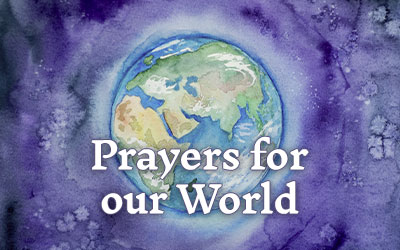Egypt - Excerpts from Stratfor.com analysis of the situation, July 4, 2013

Summary
Egypt's crisis goes much deeper than the recent political chaos. With the leader of the Supreme Constitutional Court taking over the presidency at the behest of the military, the new government will likely represent a coalition of interests facing many of the same challenges that brought about Mohammed Morsi's downfall. Egypt's population has grown well beyond the means of the state to support its needs, and even a strong state will struggle to ensure sufficient supplies of basic staples, particularly fuel and wheat.
Analysis
Underlying the question of what political structure will emerge from this week's crisis, the fundamental fact is that Egypt is running out of money. Dwindling foreign reserves point to a negative balance of payments that is sapping central bank resources. At the same time, Egypt's reliance on foreign supplies of fuel and wheat is only growing. Egyptian petroleum production peaked in 1996 and the country first became a net importer in 2007. Government fuel subsidies are an enormous burden on state finances and, throughout the past year, failures to pay suppliers and a shortage of foreign exchange available to importers have caused supply shortfalls and price spikes throughout the country…
The second major challenge stems from Egypt's extreme vulnerability to international food markets. Though dire warnings of food shortages have been frequent in the media, they have not yet appeared with any significant frequency within Egypt. However, this is not to say that they will not eventually appear. Bread is a staple of the Egyptian diet, and Egypt relies on imports for more than half of its wheat consumption. Although farmland within Egypt is increasingly dedicated to growing wheat, there is simply not enough arable land for Egypt to feed its population.
In fact, although Egypt is a vast country geographically, most of it is uninhabitable desert. Population growth is accelerating in Egypt's densely packed urban centers, threatening to worsen these underlying challenges. Population growth in 2012 hit its highest levels since 1991, reaching 32 births per 1,000 people and bringing the country's population to 84 million, according to initial government estimates. This represents an increase of 50 percent from 1990, when the population was just 56 million. Egypt's fertility rate is currently 2.9 children per woman and is expected to remain above the replacement ratio of 2.1 for at least the next two decades. As a result, the United Nations projects the Egyptian population to exceed 100 million by 2030. This means that Egypt will have a growing pool of young people of working age in the coming decades, creating substantial challenges for the Egyptian state to provide them with economic opportunities, or at the least sufficient basic goods…
In any case, mounting demographic and economic pressures mean that the job of managing Egypt's economic challenges will become incrementally more difficult with each passing year and for each faction that occupies the presidential palace.”
Excerpted from Stratfor.com
Please pray with our Egyptian brother and sisters for the raising up of some modern day Josephs who will have God’s wisdom and help to bring deliverance in the desperate economic and political problems the nation faces.


